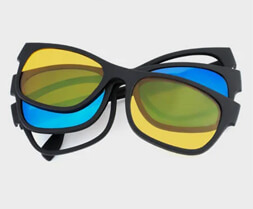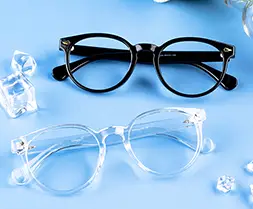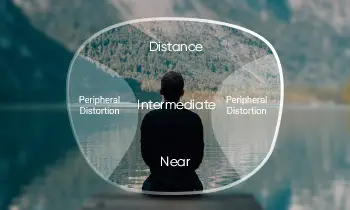As the temperature gradually decreases in winter, we spend more and more time in air-conditioned rooms and regularly feel dry eyes.
Can you get dry eye disease from being in an air-conditioned room often?
Often in an air-conditioned room, will you get dry eye disease? This statement is inaccurate.
Dry eye disease is not just dry eyes. Common symptoms include easy fatigue, itchy eyes, foreign body sensation, painful burning sensation, sticky discharge, fear of wind, photophobia, and sensitivity to external stimuli.
So if you have dry eyes and a foreign body sensation, many factors do not fully confirm the diagnosis of dry eye disease. The air conditioner has likely been on for too long, reducing the evaporation of indoor air moisture, or long-term office study, resulting in eye strain. You can turn off the air conditioner, turn on the humidifier, or look into the distance to relieve dry eye symptoms.
However, if there is no relief after a while, you can go to the hospital for a diagnosis. The type of dry eye will be diagnosed first, and personalized and precise treatment will be carried out according to the type and cause.
What is dry eye disease?
Dry eye disease is dry eyes? What is the damage to the eyes?
Dry eye disease, as the name suggests, causes your eyes to become dehydrated, but not only that, a burning sensation and a foreign body feeling accompany it. We can imagine the sensation of blinking after sand gets into your eyes. And over time, this sensation can get worse, with redness, itching, or stinging, and discomfort with bright light. Worse, in the long run, our eyesight will also be affected.
The most fundamental cause of dry eye disease formation is abnormal tear (eye tear) production. We blink on average every 3 or 4 seconds, covering the surface of our eyes with tears and forming a tear film. When our eyes encounter a foreign body, a reflex occurs in the nerves on the cornea, which also produces tears. Tears lubricate the cornea and conjunctiva to keep our eyes from drying out. And they provide nutrients and oxygen to our cornea, allowing us to see more clearly. At the same time, tears also flush foreign bodies and bacteria from the eye's surface, which protects the eye.
So, you can imagine how much damage can be done to our cornea when there is abnormal or insufficient tear production. In turn, the focusing function of the cornea is necessary for us to be able to see. This is why dry eye disease can affect our vision to a large extent.
How to prevent dry eye disease?
1. Whether reading a book, working at a computer, or concentrating on something else, remember to blink often, moisten your eyes, and take proper breaks every once in a while to relieve eye strain.
2. Do not use eye drops indiscriminately. Nowadays, people's eyes are often tired, and they will buy a wide variety of eye drops to relieve their eyes. But some eye drops containing preservatives, hormones, or antibacterial agents can affect the intraocular flora and aggravate the symptoms of dryness.
3. Proper vitamin A supplementation. vitamin A deficiency can lead to a decrease in the mucin layer, which can lead to dry eye.
4. Keep your environment moist and clean. Now it is winter, and as the temperature decreases, we open the air conditioner more and more frequently and stay in the air conditioning room for a long time; it is likely to get dry eyes. Conditions can prepare a humidifier to ensure that their space is moist enough.
5. Only wear contact lenses for a short time, not only because contact lenses absorb tear water while wearing them but also because this surface contact can damage the corneal nerve's sensitivity and reduce the corneal nerve's role in stimulating tear secretion.


































